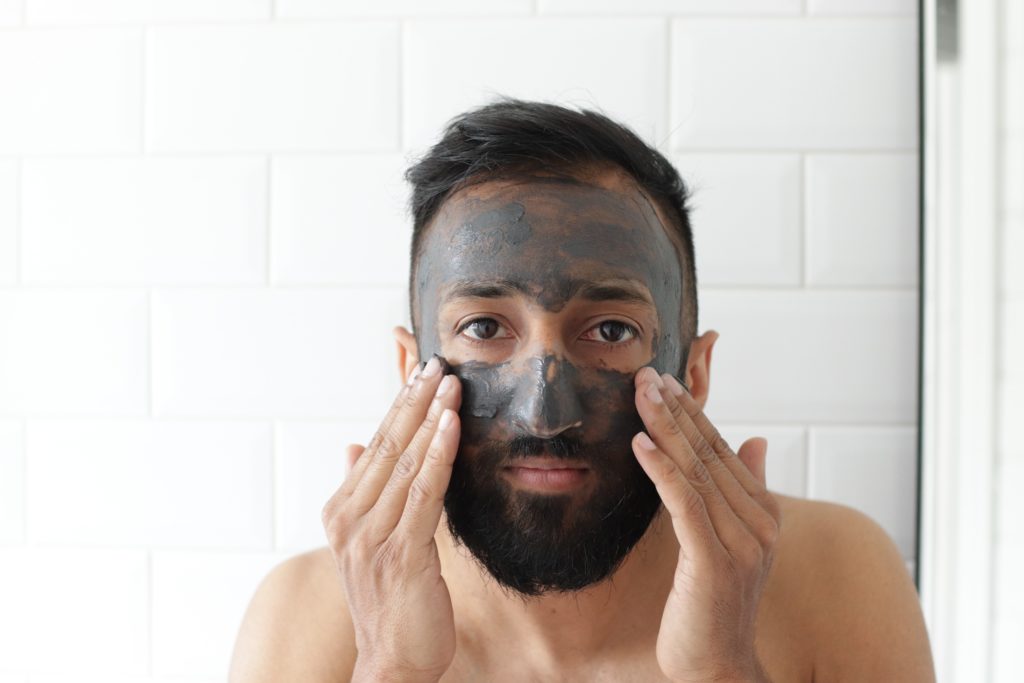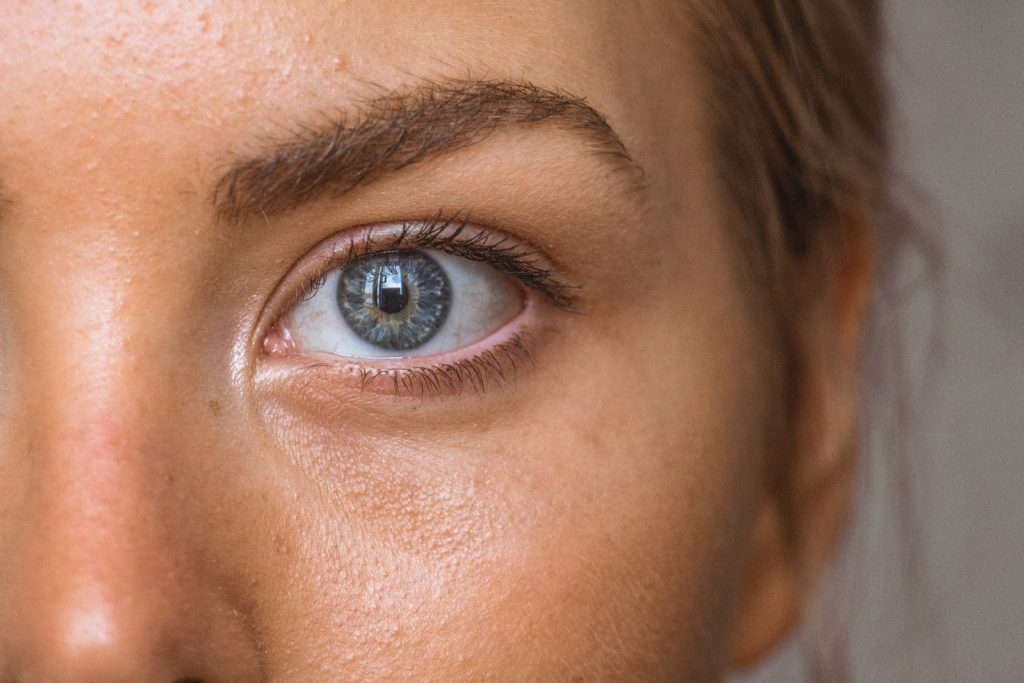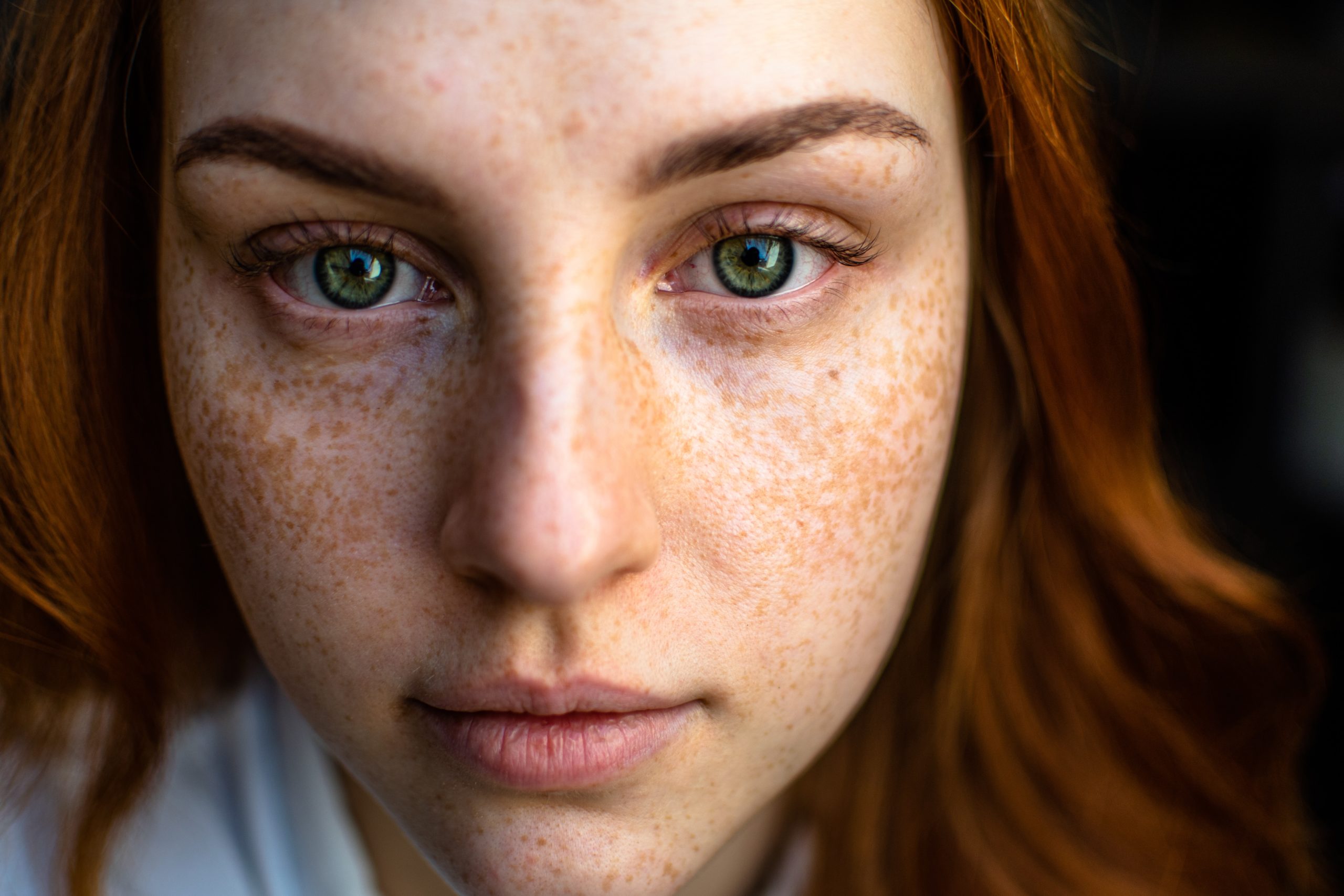We all know the feeling of waking up to a pesky pimple on our faces, especially when we thought we were doing everything right to prevent it. Acne is one of the most common skin conditions, which can be frustrating. While many factors can contribute to acne, such as genetics and hormonal changes, our skincare habits play a significant role in preventing or causing breakouts.
If you’ve been struggling with acne and can’t figure out why, it might be time to re-evaluate your skincare routine. In this article, we will discuss some of the most significant skincare mistakes that could be causing your breakouts.
Not Cleansing Properly

Not cleansing properly is a common skincare mistake that can lead to acne breakouts. Cleansing is the first and most important step in any skincare routine, as it removes dirt, oil, and makeup from the skin’s surface. When the skin is not properly cleansed, these impurities can clog the pores, leading to acne and other skin problems.
One common mistake in cleansing is not doing it often enough. It’s important to cleanse the skin twice a day, in the morning and before bed, to ensure it is always clean and free of impurities.
Another mistake is using harsh cleansers that can strip the skin of its natural oils, leading to dryness and irritation. It’s important to choose a gentle cleanser that is suited for your skin type.
Another mistake is not properly removing makeup before cleansing. Makeup can clog pores and prevent the skin from properly breathing, leading to acne breakouts. It’s important to use a gentle makeup remover before cleansing to ensure that all traces of makeup are removed from the skin.
Over-Exfoliating
Exfoliation is an essential part of any skincare routine. It removes dead skin cells from the skin’s surface, revealing smoother, brighter, and more youthful-looking skin. However, over-exfoliating can harm the skin, causing irritation, redness, and even breakouts.
Over-exfoliating happens when you use exfoliating products too frequently or use products that are too harsh for your skin type. The skin’s natural barrier can be damaged, causing the skin to become vulnerable to environmental stressors and bacteria.
If you have sensitive or dry skin, it is recommended to exfoliate no more than once or twice a week. If you have oily or acne-prone skin, you may be able to exfoliate more frequently, but it’s still important to listen to your skin and not overdo it.
It’s essential to use gentle exfoliating products that won’t cause too much irritation. Physical exfoliants, such as scrubs with large particles, can be too harsh for the skin, causing micro-tears that can damage the skin.
Instead, consider using chemical exfoliants, such as alpha-hydroxy acids (AHAs) or beta-hydroxy acids (BHAs), which are gentler on the skin.
Using the Wrong Products
Using the wrong skincare products can be a major contributor to acne. When selecting skincare products, it’s important to consider your skin type, concerns, and any sensitivities you may have. Using too heavy or unsuited products for your skin type can clog pores and cause breakouts.
One common mistake is using products that contain fragrances or certain oils that can irritate the skin and lead to acne. Fragrances, in particular, are known to be a common skin irritant and can cause redness and breakouts. Similarly, some oils, such as coconut oil, can be highly comedogenic, clog pores and cause acne.
It’s essential to read labels carefully and look for products specifically formulated for your skin type. For example, if you have oily skin, you may want to look for oil-free or non-comedogenic products.
On the other hand, if you have dry skin, you may opt for products containing moisturizing ingredients like hyaluronic acid or ceramides.
Ultimately, using the wrong skincare products can cause more harm than good, and it’s important to take the time to find products that work well for your skin type and concerns. Doing so can help prevent breakouts and keep your skin looking its best.
Not Moisturizing

Moisturizing is an essential step in any skincare routine, and neglecting it can lead to a host of skin problems, including acne. Many people with oily or acne-prone skin skip moisturizer altogether, assuming that it will make their skin more oily and cause more breakouts. However, the opposite is true.
When the skin is not properly moisturized, it can dehydrate, increasing oil production and clogged pores. This can exacerbate acne and other skin issues. Moisturizing helps keep the skin hydrated and balanced, preventing breakouts and promoting healthier-looking skin.
When choosing a moisturizer for acne-prone skin, it’s important to look for one that is lightweight, non-comedogenic, and free of potentially irritating ingredients like fragrances or alcohol. A gel or water-based moisturizer is often a good option for oily skin types.
In addition to using a moisturizer, it’s also important to drink plenty of water and eat a healthy diet to keep the skin hydrated from the inside out.
And if you’re still struggling with acne despite proper moisturizing, consider seeking advice from a dermatologist to identify any underlying causes and develop a personalized treatment plan.
Touching Your Face Too Much
Touching your face too much is a common skincare mistake that can contribute to acne. When you touch your face, you transfer bacteria and oils from your hands onto your skin, clogging your pores and leading to breakouts. Additionally, touching your face can irritate your skin and cause inflammation, worsening existing acne.
To avoid touching your face too much, it’s important to be aware of when and why you’re doing it. For example, many people touch their faces out of habit or when feeling stressed or anxious. Identifying these triggers can help you be more mindful of your actions and develop healthier habits.
Here are some tips to help you avoid touching your face:
- Keep your hands busy: When reaching for your face, try occupying your hands with another activity, such as knitting, doodling, or fidgeting with a stress ball.
- Use tools to apply skincare products: Instead of using your fingers to apply products like moisturizer or sunscreen, use a brush, sponge, or other applicators.
- Keep your hair off your face: If you have long hair, tie it back to prevent it from touching your face.
- Be aware of your triggers: Pay attention to when you’re most likely to touch your face and try to avoid those situations or find alternative ways to cope.
By being mindful of your actions and taking steps to avoid touching your face too much, you can help prevent acne and keep your skin healthy and clear.
Not Changing Your Pillowcases Often Enough
Not changing your pillowcases often enough can contribute to acne on your face. Pillowcases can accumulate oils, sweat, and bacteria from your skin and hair, transferring back onto your skin when you sleep. This can clog pores and lead to breakouts.
To avoid this, it’s recommended that you change your pillowcases at least once a week. If you have particularly oily or acne-prone skin, you may want to change your pillowcases more frequently, like every other day.
Additionally, using a silk or satin pillowcase can be beneficial as it reduces friction and helps prevent skin irritation.
Aside from changing your pillowcases frequently, it’s also important to maintain good skin care habits, such as washing your face before bed and avoiding touching your face throughout the day.
Adopting healthy skincare habits and making small changes to your daily routine can prevent acne and keep your skin healthy and clear.
Conclusion
Caring for your skin is crucial for maintaining a healthy, glowing complexion. However, making mistakes in your skincare routine can cause breakouts and other skin issues. You can prevent acne and achieve the clear skin you desire by avoiding the biggest skincare mistakes discussed in this article, such as not cleansing properly or over-exfoliating.
Always use products suited to your skin type and avoid touching your face too much. With these simple changes to your skincare routine, you can say goodbye to acne and hello to radiant, healthy skin.
Frequently Asked Questions (FAQs) on the Biggest Skincare Mistakes That Are Causing You Acne
1. What are some common skincare mistakes that can cause acne?
Some common skincare mistakes that can cause acne include not cleansing properly, over-exfoliating, using the wrong products, not moisturizing, touching your face too much, and not changing your pillowcases often enough.
2. How does not cleansing properly lead to acne?
Not cleansing properly can leave makeup, dirt, and oil on your skin, which can clog your pores and cause acne. It’s important to use a gentle cleanser to remove impurities from your skin and wash your face twice daily.
3. What is over-exfoliating, and how can it cause acne?
Over-exfoliating is when you exfoliate your skin too frequently or with a product that’s too harsh for your skin type. This can irritate your skin and cause inflammation, leading to breakouts.
4. How can using the wrong products cause acne?
Using the wrong products, such as those that are too heavy or not suited for your skin type, can clog your pores and cause acne. It’s important to choose products that are appropriate for your skin type and to avoid ingredients that are known to cause breakouts.
5. How does moisturizing prevent acne?
Moisturizing helps keep your skin hydrated and healthy, preventing breakouts. When dehydrated, skin can produce excess oil to compensate, leading to clogged pores and acne.
6. Why is touching your face a mistake when preventing acne?
Touching your face can transfer bacteria and oils from your hands onto your skin, which can clog your pores and cause breakouts. It’s important to avoid touching your face as much as possible and to keep your hands clean.
7. How often should I change my pillowcases to prevent acne?
Changing your pillowcases at least once a week is recommended to prevent acne. Pillowcases can accumulate bacteria and oils that can transfer onto your skin while you sleep, leading to breakouts.



